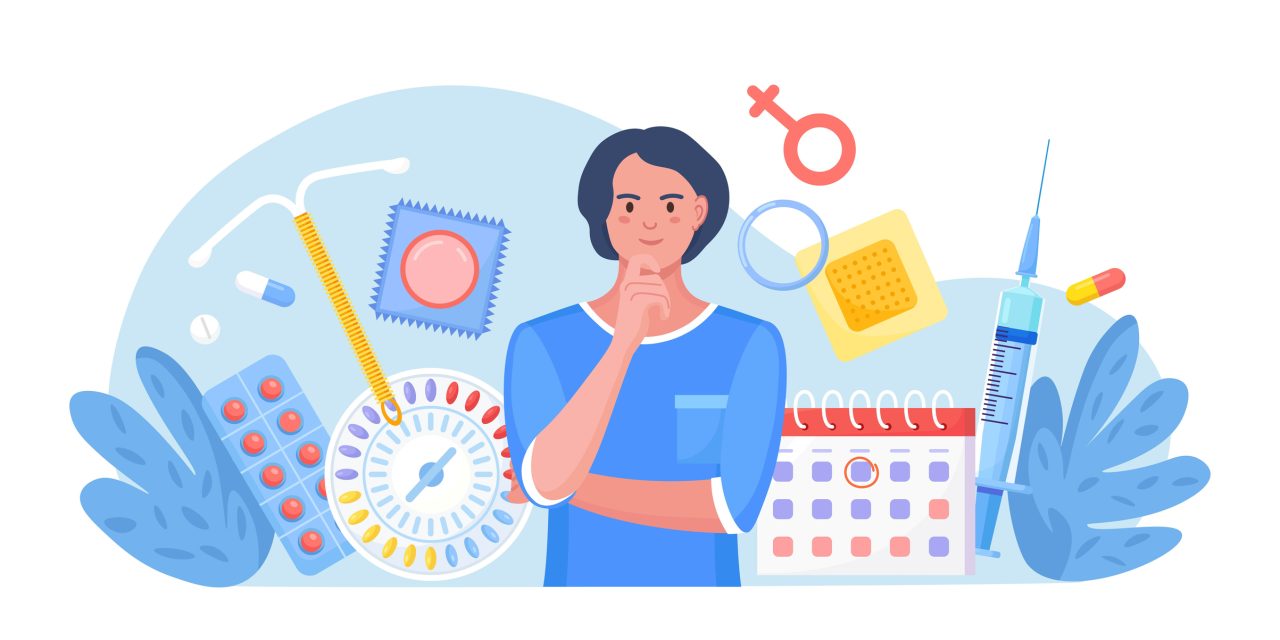The COVID-19 pandemic and countermeasures implemented by governments around the world have led to dramatically increased symptoms of depression and anxiety. Pregnant women may be particularly vulnerable to the negative psychological effects of COVID-19 public health measures, because they represent a demographic that is most affected by disasters and because pregnancy itself entails significant life changes that require major psychosocial and emotional adjustments. The Pregnancy During the COVID-19 Pandemic (PdP) study was designed to investigate the associations between exposure to objective hardship caused by the pandemic, perceived stress and psychological distress in pregnant individuals, and developmental outcomes in their offspring.
The Pregnancy During the COVID-19 Pandemic (PdP) study was designed to investigate the associations between exposure to objective hardship caused by the pandemic, perceived stress and psychological distress in pregnant individuals and developmental outcomes in their offspring. Findings of the study are intended to generate knowledge about the psychological consequences of pandemics on pregnant individuals and their offspring and point toward prevention and intervention targets.
The PdP study comprises a prospective longitudinal cohort of pregnant individuals (at enrollment) with repeated follow-ups during pregnancy and the postpartum period. Participants were eligible if they were: pregnant, ≥17 years, ≤35 weeks gestation at study enrollment, living in Canada, and able to read and write in English or French. At enrollment, participants completed an initial survey that assessed demographic and socioeconomic characteristics, previous pregnancies and births, pre-pregnancy health, health conditions during pregnancy, medications, psychological distress, social support, and hardships experienced because of COVID-19 (e.g., lost employment, loved one dying). For the first three months following the initial survey, participants received a monthly email link to complete a follow-up survey that asked about experiences since the previous survey. After three months, follow-up surveys were sent every other month to reduce participant burden. For each of these surveys, participants were first asked if they were still pregnant and then routed either to the next prenatal survey or to the delivery survey. In the postpartum, surveys were sent at 3-, 6-, and 12-months of infant age to assess maternal stress, psychological distress and infant development.
Participant recruitment via social media (Facebook, Instagram) began on April 5, 2020 and is ongoing. As of October 2019, more than 8200 individuals completed the initial survey. Follow-up data collection is ongoing.
This longitudinal investigation seeks to elucidate the associations between hardships, maternal psychological distress, child development during COVID-19, and risk and resilience factors that amplify or ameliorate these associations. Findings are intended to generate knowledge about the psychological consequences of pandemics on pregnant individuals and point toward prevention and intervention targets.
DERR1-10.2196/25407.
Protocol for The Pregnancy During the COVID-19 Pandemic (PdP) study: A longitudinal cohort study of mental health among pregnant Canadians during the COVID-19 pandemic and developmental outcomes in their children.


